Over in the world of literature, there has been quite the kerfuffle over the last week or so. News broke that the estate of Roald Dahl, and the publisher of his books, Puffin, would be taking the author’s body of work and, on the advice of sensitivity readers, making several changes for future publications.
This did not go down well with many people. There were the usual suspects screeching about “cancel culture,” and were it just them it would be another nothing story in this corner of the endless culture wars. However, this time things were different, because there were others that don’t wade into these territories without reason that also had things to say. Salman Rushdie, the mighty author and intellect, called the decision “censorship,” and he and others, in the more intelligent circles of this debate, expressed concern regarding the “bowdlerising” of literature.
For those less familiar with the term, “bowdlerising” refers to the altering of literature specifically on moral grounds. Historically it was a term that was coined to refer to the hatchet job that had been done with many of Shakespeare’s works when taught in school. Now, however, it’s applied in a much more general sense, such as with Dalh’s books here.
Meanwhile, just today I reviewed a game that had been the equivalent of “bowdlerised.” Spy Bros. was originally an “erotic” arcade game, featuring full-on nudity scenes that you unlocked as you played. The newly-released Spy Bros. DX, meanwhile, aimed to port the game as authentically as possible to modern consoles, but only after removing the erotic elements entirely. When asked about this in the Steam forums, the developer was quite firm on this: “You say puritan, I say a game that I can enjoy with my 5yo daughter. I prefer her to think that women can also be heroines instead of erotic prizes.”
And, of course, the Steam forums are a special place for the most toxic of anti-intellectualism. There’s no nuance in the discussion over there, so I’m not going to deal with that comment, or the people it’s referring to, but I think the existence of the comment and Steam thread is pertinent, because it goes to a discussion that we should be having; do we, or rather should we edit and “bowdlerise” art?
There are a couple of important things to understand here, first and foremost: art actually gets edited all the time. Art gets edited before it gets put in front of the public, when it is in production and being looked at by editors and publishers. And art gets edited after release too. These edits can range all the way from minor typos being squashed in a later edition of a book or patches being made to help a game run better, right through to complete overhauls that result in an all-new product to sell. For example, the Last Of Us One remake was a complete edit of the original material. The developers took the game and basically remade it so that it looks like a contemporary “AAA-blockbuster” on modern consoles. Meanwhile, filmmakers from George Lucas to Ridley Scott constantly go back to their early films to do stupid things (in Lucas’ case) like digitally impose Hayden Christensen in the original Star Wars trilogy or good things (in Scott’s case) to make Blade Runner better.
Audiences, meanwhile, do not have an inherent problem with art being edited. Even Dahl’s books themselves have been edited in the past without much controversy (if any), with Dahl’s consent (while he was alive). As long as the edits are designed towards “improving” the artwork, then audiences tend to be comfortable with them. Anyone who claims to be against art ever being changed is probably a hypocrite. I don’t mean that they’re doing so deliberately, but the editing of art is so downright common that unless it offends us, we don’t tend to even notice it.
The problem is when it does offend us, because then we start drawing lines in the sand. It should come as no surprise that what offends people tends to be instances where they feel like the work has been bowdlerised. When the edits are motivated in the interests of morality. Even if that is an attempt to update the work to suit a modern audience, when there’s the perception that those “updates” carry a moral judgement of the original work, there’s inevitably an outcry.
The opponent to that outcry is a very simple reality of our modern lives: capitalism. Whether it’s a book, game, film, piece of music, or theatre production, people make edits to an original work because they want to continue to sell that work, and when you want to try and sell a product, you want to try and sell it to the largest possible audience. The changes that you make, in other words, will be with the mainstream in mind.
Or to put this another way: Roald Dahl’s books were probably seen as losing relevance to our modern society, so to ensure that they remain firmly on the “recommended reading lists” for kids and such, the publisher and estate got the sensitivity readers in. No one rational would think they’re trying to do this to “censor” a long-dead man or “cancel” him. Rather, they simply want to make a lot of money by doing a very capitalistic thing and exploiting that dead man by keeping his name relevant to modern audiences.
So far, everything I’ve written above covers a lot: it explains how edits happen, why they happen, when they happen and the reason that they happen. We are, of course, going to conclude with the big elephant in the room: should edits happen, particularly when there will be the perception that such edits have been done for a moral reasons?
My personal belief here is no. Whether it’s Dahl’s books or pervy arcade games from the 90s, I would rather the experience of that book, film, game, or whatever else be maintained as the original artist envisioned it. I’m not necessarily offended when such edits happen, and I’m even less concerned when the original work remains in existence so that people can seek it out if they wish to study that author’s original intent. But I would prefer people actually deal with issues of moral conflict in older works, rather than paper over them in the hope that people can continue to have an uncomplicated good time.
This ties into my firm belief that not every artwork is meant to passively entertain, and the whole point of the arts is to general discourse and challenge people to think. I know others see art purely as entertainment and aesthetic pleasure, but that’s not me, and I’m willing to have a work challenge and even offend me. I can, and have, watched Triumph of the Will and Birth of a Nation. These works make me uncomfortable (that’s putting it mildly in both of these cases), but I wouldn’t want them to be sanitised or unavailable. I, personally, want to experience art that I can fundamentally disagree with and then use it to piece through complex thoughts and feelings on their subject matter.
The problem is that I am very much in a minority on this, and that segues nicely into the “but!” I have to add to my position here.
It is a big “but”: I am also quite okay with these artworks fading out of the mainstream, and only existing on the peripherals of society. This is something that a lot of people that oppose “censorship” are not happy with – they want a work to offend the mainstream but also have the mainstream buy into it. It can’t work like that.
Take Joseph Conrad’s Heart of Darkness. This is a book that is incredibly divisive. From as far back as 1975, opinions on it have been completely and totally polarised (is it pro or anti-imperialism? Is it dehumanising Africans, or are people missing the criticism of exactly that which Conrad expresses through the protagonist, Marlow?). This debate continues to rage the rare time the book surfaces as a subject to this day. I’m not presenting my own thoughts on the book here, but rather making the point that Conrad’s Heart of Darkness has long been left right off school reading lists and book club discussion topics. No one’s looking to make a film adaptation of it in 2023. The only people actively seeking that book out are doing so specifically to contribute to the discussion of it. The book itself has been deemed, by mainstream society, to be no longer relevant to it, and so it has faded into relative obscurity from its highs many years ago.
This is the consequence of standing firm to the idea that an artwork should not be modified to suit a modern audience. Conrad’s vision has been retained unaltered. It has also become obscure because it no longer fits with what people are willing to spend their money on. It’s no longer a product of capitalism. And that’s okay, too.
I would be fine if Dahl’s books, as currently published, stopped selling and Puffin stopped republishing them and the estate wound up operations. I’d be okay if there were no more film adaptations of his books, because producers were concerned with the perception that people have of Dahl’s work. The books will still be available digitally and through libraries, but in keeping to the purity of the “artist’s vision” they would no longer be entitled to be mainstream.
I’d also be quite okay if Spy Bros. remained a (very) odd game that you sometimes found in MAME ROM dumps. As long as it’s accessible somehow to people that have a specific interest in seeking it out, I would prefer that its controversial elements remained there. However, if no one was going to be able to monetise the game in 2023, erotic elements and all, then the game didn’t deserve the re-release.
There is one thing that people who are firmly “anti-censorship” often miss: that’s a perfectly legitimate position to take, but what you can’t then do is expect the artwork to sell. No one is obligated to buy an artwork, and while it is genuinely unfortunate that we live in a world where the arts are so intertwined with capitalism there’s no unravelling it, that is the reality that everyone in the chain deals with. Artists, publishers, producers, distributors, and consumers alike all face the reality that art needs to make money, or else no one would do it. Until that changes (and, no, sadly it won’t), where it makes sense to, a work is going to continue to be edited to meet current social values, or it is going to disappear to the back of the dustiest corners of libraries and archives.
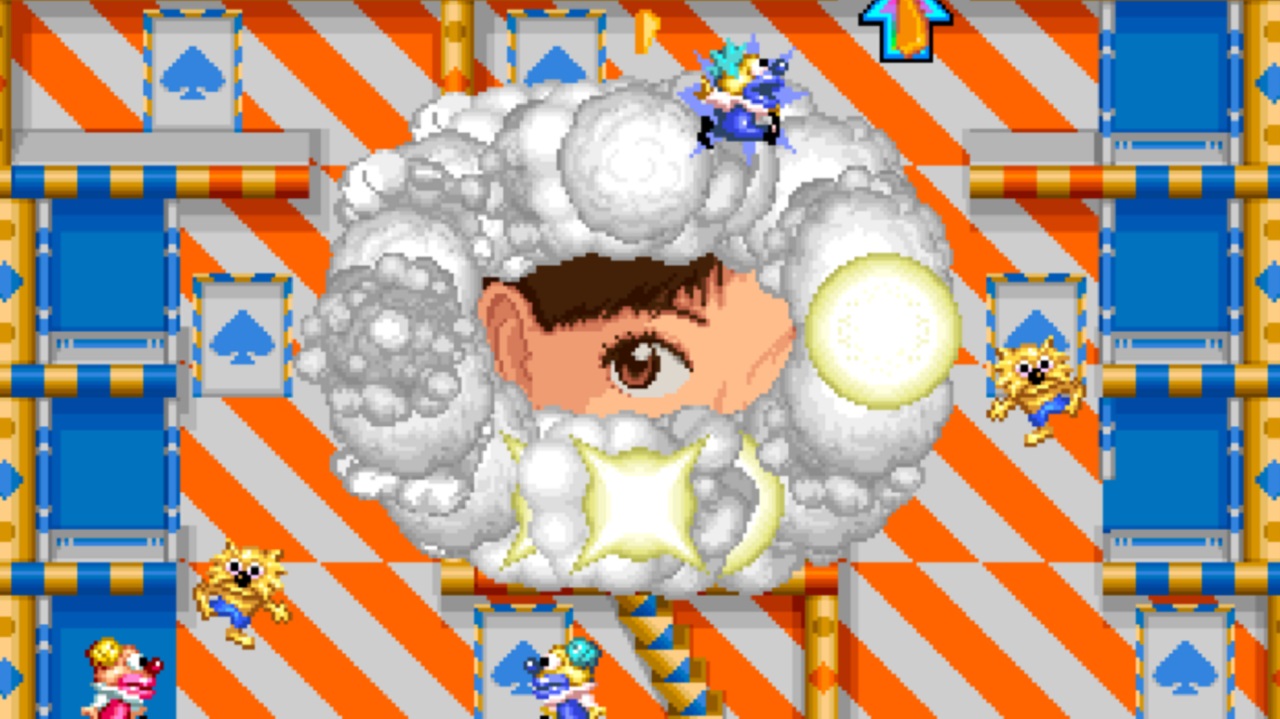

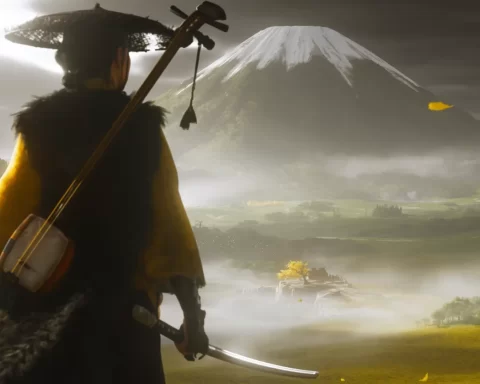
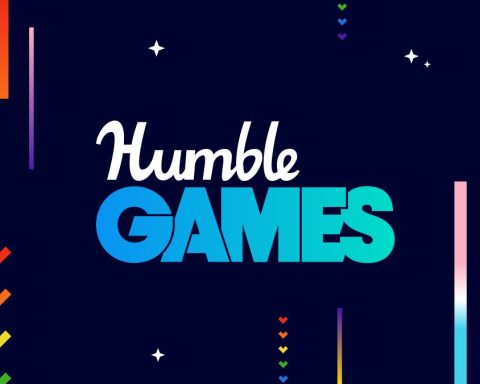

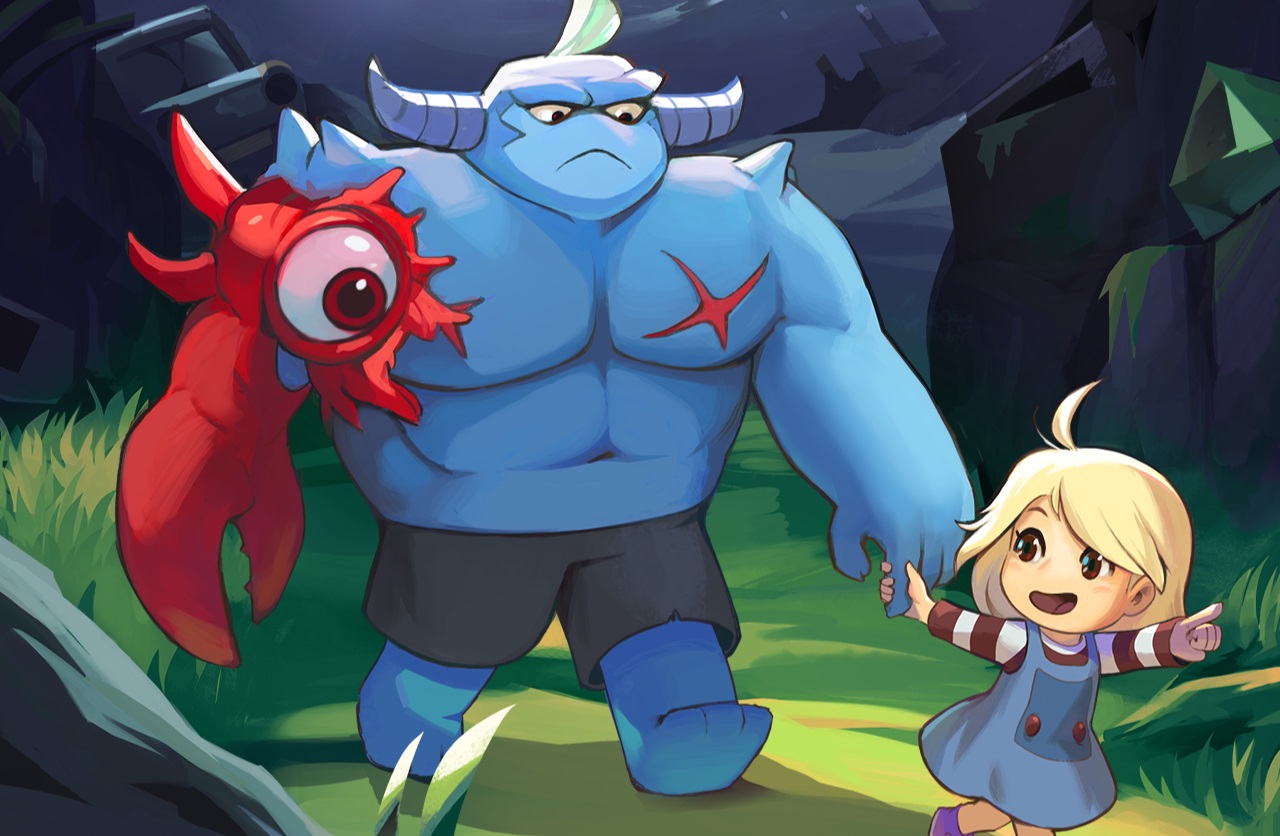
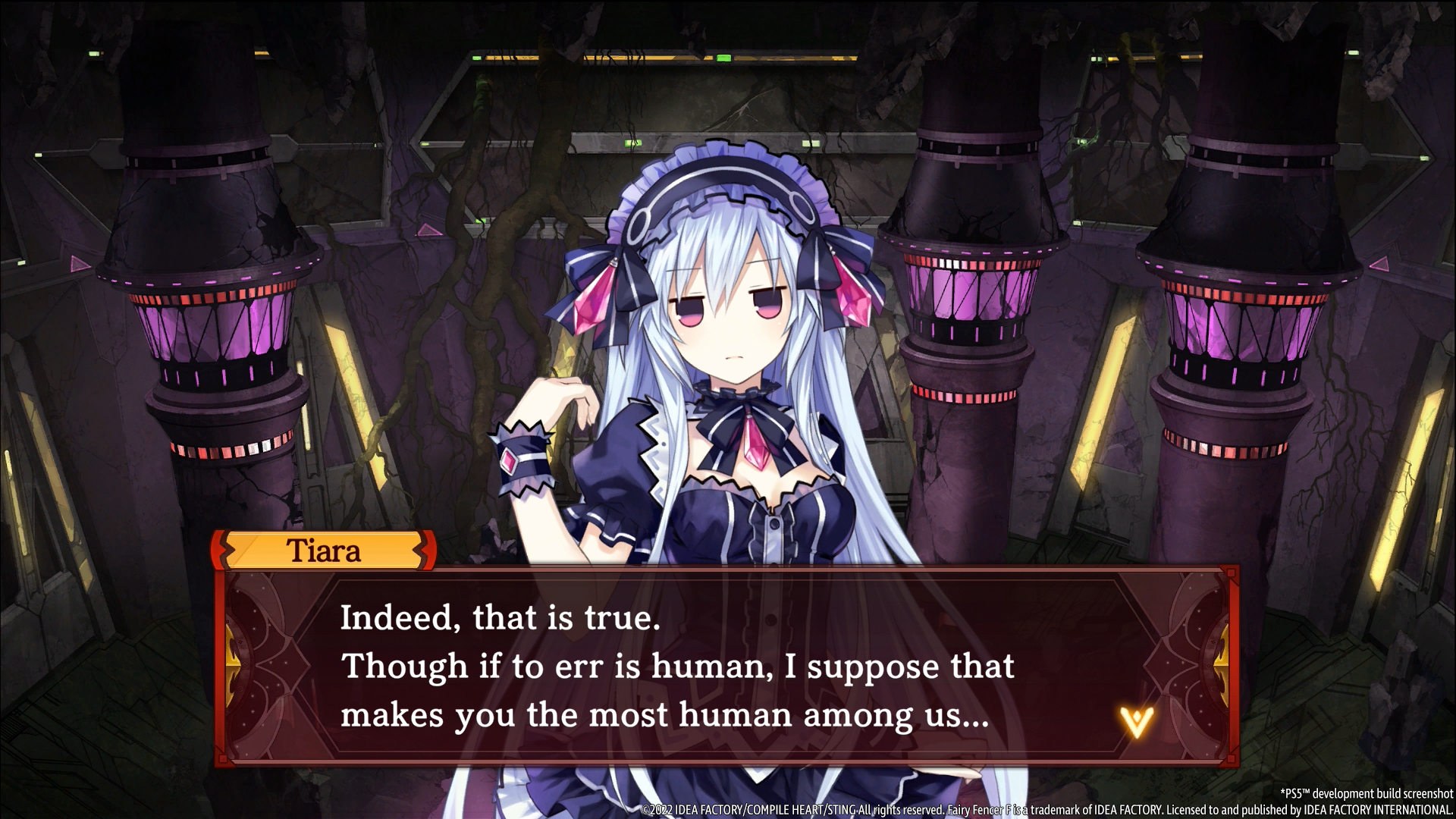
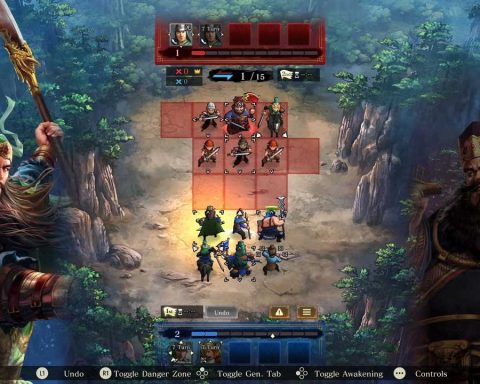
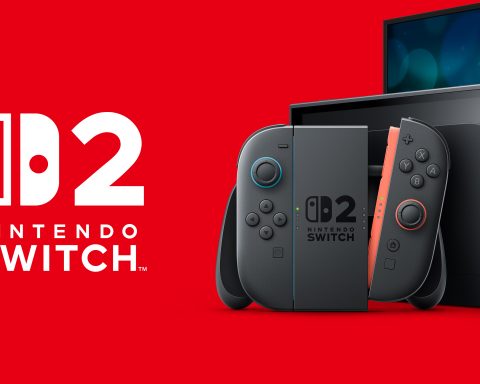
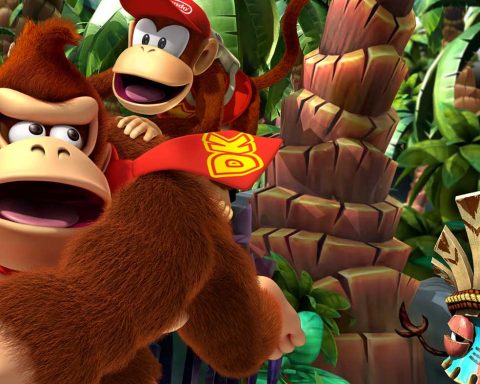
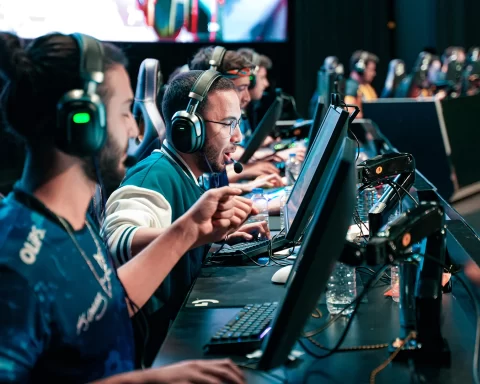
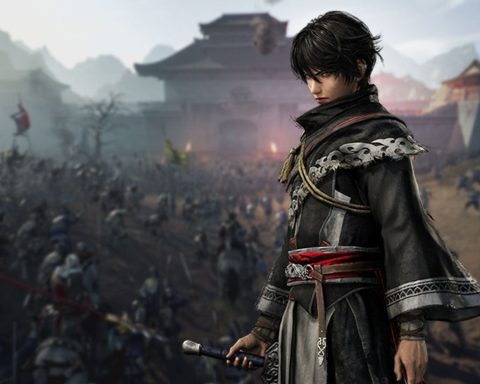
Blaming capitalism for censorship when historically capitalism is what drove censorship away is just hilarious. It was capitalism that killed the Hay’s Code, because non-complaint movies sold better. Meanwhile it was the socialists and communists that turned censorship into an industry.
People who claim to promote art yet yearn for the return of the system that shackled it the most completely baffle me. As an artist I hate nothing more than ideologues dictating what I can or cannot draw. Doesn’t matter if it’s the church, the state or some nobody on Twitter that needs to lord over someone to get a chub.
I don’t know if you’ve seen the news about Dahl’s recorded conversation with Francis Bacon: “Roald Dahl threatened publisher with ‘enormous crocodile’ if they changed his words”
https://www.theguardian.com/books/2023/feb/25/roald-dahl-threatened-publisher-with-enormous-crocodile-if-they-changed-his-words (not sure if URLs are allowed, but if not, it’s a Guardian article)
As to Dahl’s chances of survival in the mainstream – Netflix’s acquisition of the Roald Dahl Story Co. (which manages the rights to all characters and stories) and their plans to create a sprawling, unified Dahl universe .. I guess, his stories will live on, for the reasons you explained so well. 😄
Personally, never been much into Dahl. He reminds me strangely of (same generation) Spike Milligan; similar style of off-beat, twisted humour?
That’s interesting! I hadn’t seen that article during my research, I’m going to catch up now.
I do agree regarding Dahl. I was never the biggest fan of his work. The only thing I’ve absolutely loved is the original film adaptation of Chocolate Factory, but that was more to do with the incredible filmmaking on display and performances. I was more a CS Lewis fan as I was growing up.
I think editing for moral reasons should be avoided. Not only because morals change from person to person, countries, cultures, institutions like religions, throughout history and throughout one’s life – It’s simply impossible to always be aligned with “mainstream” morals.
Editing to sell more, on the other hand, is an individual choice, it does not infringe on anyone’s freedom. Any infringement on the author’s right is a problem of property, of copyright, it’s a capitalism problem.
But I would argue these works deserves an introductory note instead of an edit. Sometimes a content warning might be enough, maybe a contextualization of its racism, colonialism, sexism, how it fits with the present day conversation of these topics, etc. There are not many cases where that would not suffice.
I will admit I came around to being pro censorship recently due to the increase of openly nazi and fascists groups in western democracies. I think limiting circulation to the general public might be enough, with said works being still available for educational purposes on university libraries and classes.
What should be censored are works that goes against the type of societal project we want (more humane, better lives for more people, etc.) Because what history has show is that Fascism is NOT a threat to capitalism’s societal project. Some argue it is a necessary component for its survival. And we can see in Ukraine that nazism is NOT a threat to capitalism either. So while a faulty tool wielded by a complicit actor, state censorship against ideological artifacts from violent ideologies, might be a stopgap measure. Since the state will not, by itself, suppress those ideologies(it’s not a threat to it), maybe we should consider pressuring the state into doing it (since it’s a threat to us people).